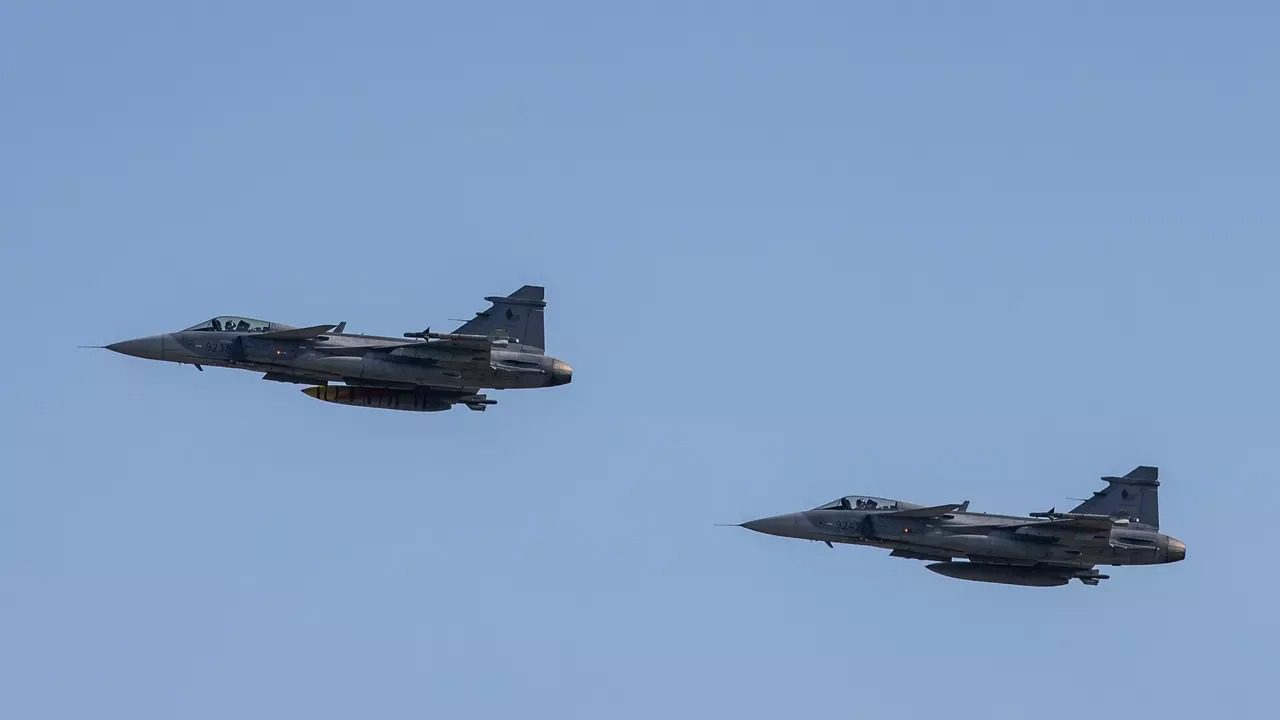Czech pilots have been flying Swedish Gripen fighters for seventeen years. In five years, the leases on all fourteen of these machines will expire, and the Ministry of Defence and the government have until then to sort out what the Czech pilots will use to protect the Czech skies. Therefore, the General Staff is already finalizing the material according to which the defense leadership and then the government should select the new fighters.
The military will want politicians to buy more machines than one squadron of twelve single-seat machines. The other two two-seat machines are training machines. The military will ask for 24 aircraft.
Price tag over 50 billion
During a visit to the base near Čáslav this week, Defence Minister Jana Černochová (ODS) told journalists that she wanted to keep the fighter air force. She added that if the soldiers had more machines, it would increase the country’s defense and make life easier for the air force.
The question is the price because the purchase of 14 new fighter jets could cost 20 to 30 billion crowns, and in the case of 24 machines, the price would climb above 50 billion crowns. The annual lease of the Gripens will cost CZK 1.7 billion.
The military can choose from six or seven types of fighters. The new Gripen E-F series, the US F-35, the latest F-16s that the Slovaks are acquiring, and even the F-18 and F-15 machines are all under consideration. Suitable aircraft are also being produced in Europe – in France, the Dassault Rafale fighters, or the pan-European Eurofighter project.
The pilots in Čáslav do not like the Gripen, but they would not resist any other fighter either. Czech soldiers keep a 24-hour alert in case of airspace violations but most often take off to transport aircraft that have stopped communicating with air traffic control.
But in addition, they also go out on missions. They have operated in Iceland, and this April, they will fly for the fourth time to help patrol the Baltic states. Jana Černochová said this is especially important in this day and age and the security crisis on the Russian-Ukrainian border.






Leave a Reply